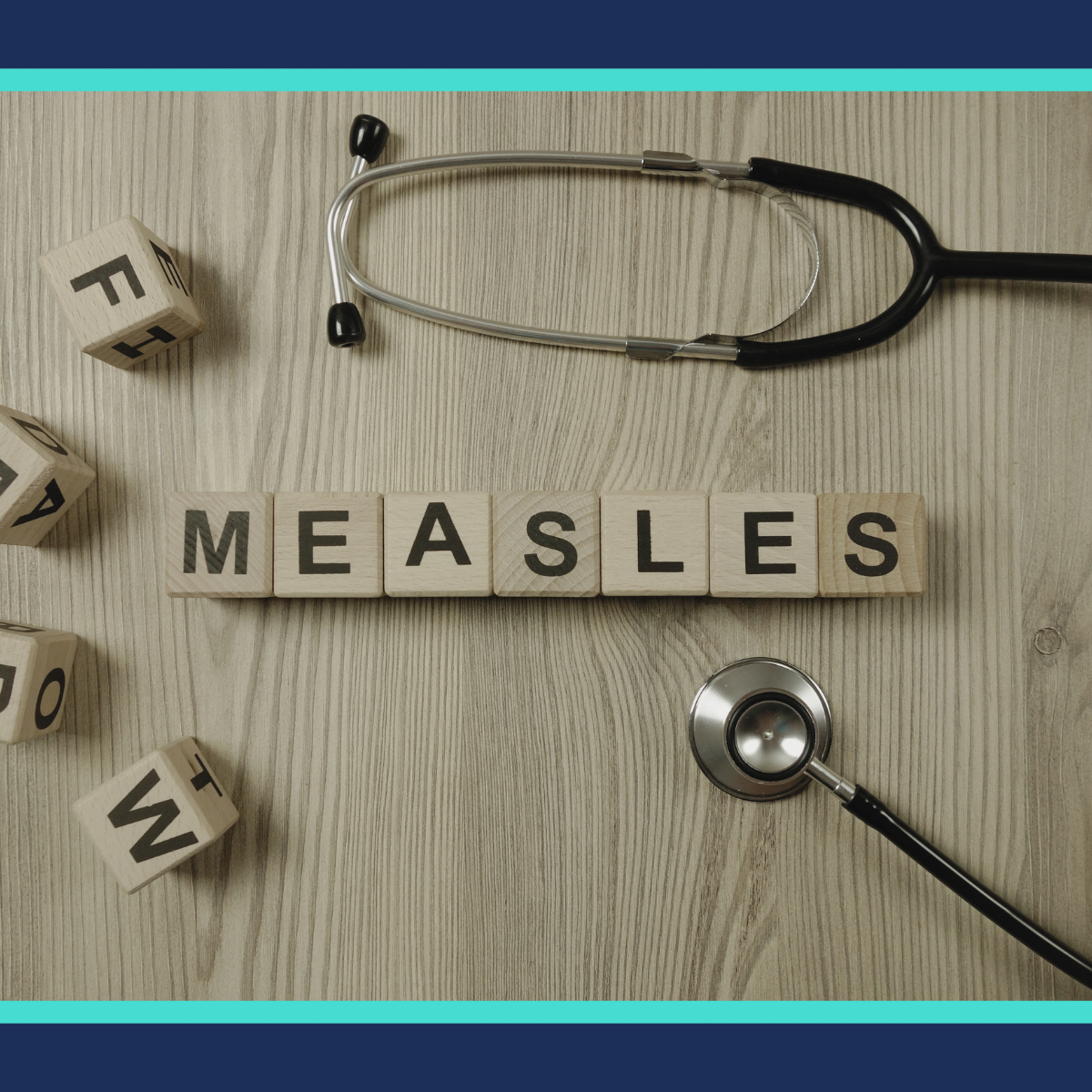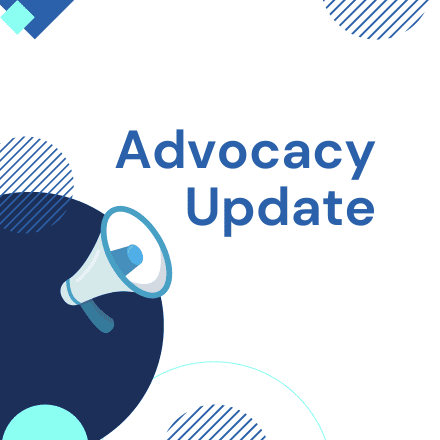In August, American College Health Foundation selected eight campuses to receive funding through its Increasing Campus Vaccine Coverage (ICVC) initiative. Made possible through financial support from Pfizer, these campuses are showcasing creative, student-centered strategies to increase immunization rates, particularly for HPV and meningococcal vaccines, while reducing barriers and promoting long-term wellness.
Together, these eight awardees represent a varied range of institutions and approaches, united by a shared commitment to student health and well-being. Their innovative models will serve as adaptable examples for other campuses seeking to strengthen vaccine confidence and coverage across the nation:
Gallaudet University will lead Increasing Meningococcal and HPV Awareness Among Deaf College Students, developing ASL-based video content and peer outreach to address vaccine disparities within the Deaf and hard-of-hearing community. The project will use health record data and pre/post surveys to measure outcomes.
George Mason University will implement Protecting Patriots, a peer-led initiative to increase HPV and meningococcal vaccination among underserved and international students. The program combines culturally responsive education, EMR-based communication, and on-campus vaccine clinics to improve both access and health literacy.
Howard University’s Bison Immunity Boost initiative aims to increase HPV, meningococcal B, and flu vaccination among their students. Using peer ambassadors, a mobile “Wellness on Wheels” unit, and culturally resonant messaging, the program promotes vaccine confidence through trust and accessibility.
New Jersey Institute of Technology will focus on improving vaccination rates by using culturally tailored, student-led education and gamified learning pods in high-traffic areas. The initiative includes both on-campus clinics and vaccine vouchers for uninsured students.
University of Memphis will launch Closing Vaccine Gaps, embedding vaccine education into campus life through pop-up clinics, multilingual campaigns, and partnerships with student services. The program aims to reduce disparities for commuter and financially vulnerable students.
University of Wisconsin-Madison will target students in residence halls through Increasing Meningitis B and MMR Vaccination in Campus Housing. Peer educators will promote vaccine literacy, assist with record uploads, and provide vouchers for uninsured students, improving both coverage and compliance.
Wichita State University will pilot the Shocker Wellness Challenge, an incentive-based campaign encouraging students in campus housing to complete wellness tasks, including vaccinations, for prizes and residence hall recognition, building engagement through competition and fun.
Sacramento State’s Protect & Prevent Initiative aims to increase HPV and meningococcal vaccination rates among first-generation, low-income, LGBTQ+, and housing-insecure students. The program combines data-driven outreach, targeted clinics, and peer education to remove barriers and improve long-term health outcomes.
ACHF is proud to support these efforts through its ongoing commitment to advancing student health initiatives and fostering innovation across higher education.
Questions? Contact Robyn Buchsbaum, ACHA’s Director of Strategic Partnerships, at rbuchsbaum@acha.org.







